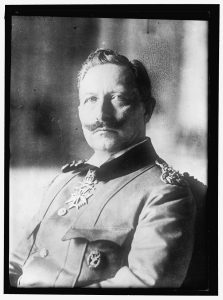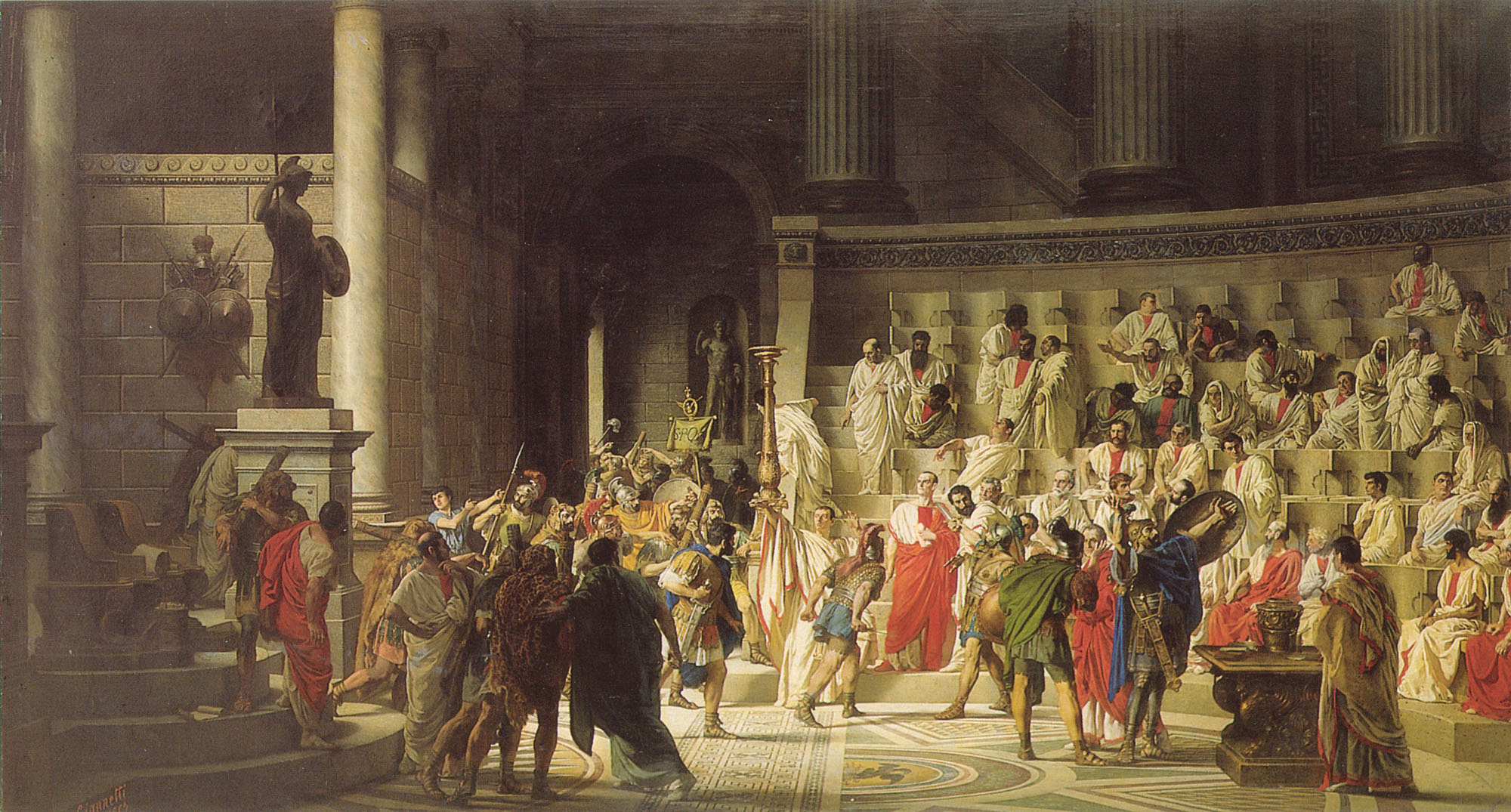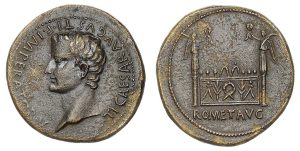We all know the stories. We all know the name Julius Caesar.
Or do we? Probably not.
At least we are pronouncing it wrong.
Let’s start with how the name was originally spoken. “Caesar” sprang from the Latin “Gaius Julius Caesar,” the legendary Roman general and statesman who played a major role in transforming the Roman Republic into an empire.
The name Caesar evolved into a title
As the Roman Empire expanded and evolved, “Caesar” ceased to be just a personal name. It started to symbolize power and authority. Julius Caesar, with all his military might, gained immense influence and was even declared “dictator perpetuo” (dictator forever).
But alas, his assassination in 44 BCE sparked a power struggle among his successors, each trying to legitimize their rule by associating themselves with the revered name of “Caesar.”
Coin: Tiberius Caesar Augustus. Münzkabinett Berlin, Public domain, via Wikimedia Commons
As time went on, the term “Caesar” became synonymous with “emperor” or “ruler” in many languages. English, however, took a different path. Instead of adopting “Caesar” as the term for emperor, English borrowed the word “emperor” from the Latin “imperator” through Old French.
In old Rome, “imperator” originally referred to a military commander with supreme authority. Much like Julius Caesar and others like him.
Think of Wilhelm
But where can we see how Caesar was originally pronounced? Think of Wilhelm. Yes, the Kaiser.

Harris & Ewing Collection, Public domain, via Wikimedia Commons
Back in the day, the Romans pronounced it with a hard “C” sound, just like how we say “cat” in English.
So yes, Kaesar. Julius Kaesar. Kaiser Wilhelm. See?
This German adaptation not only resembles its Classical Latin counterpart in pronunciation but also carries the same meaning.
Vulgar latin
As time passed and Latin evolved into different languages, things got interesting. Variations in pronunciation emerged, especially in Vulgar Latin, the language spoken by the common folks.
The hard “C” sound in “Caesar” started to shift and change to a “ch” sound or “S” sound in Gaul (modern day France). This transformation eventually led to the modern pronunciation of “Caesar” with an “S” sound that we hear in English.
The name “Caesar” didn’t limit itself to Germanic languages. It journeyed even further and left its mark on the Russian language. Enter the Russian term for emperor, “Tsar.”
So, there you have it. The romans influenced so many things. One man, Julius, even influenced what we called our supreme rulers through history.


